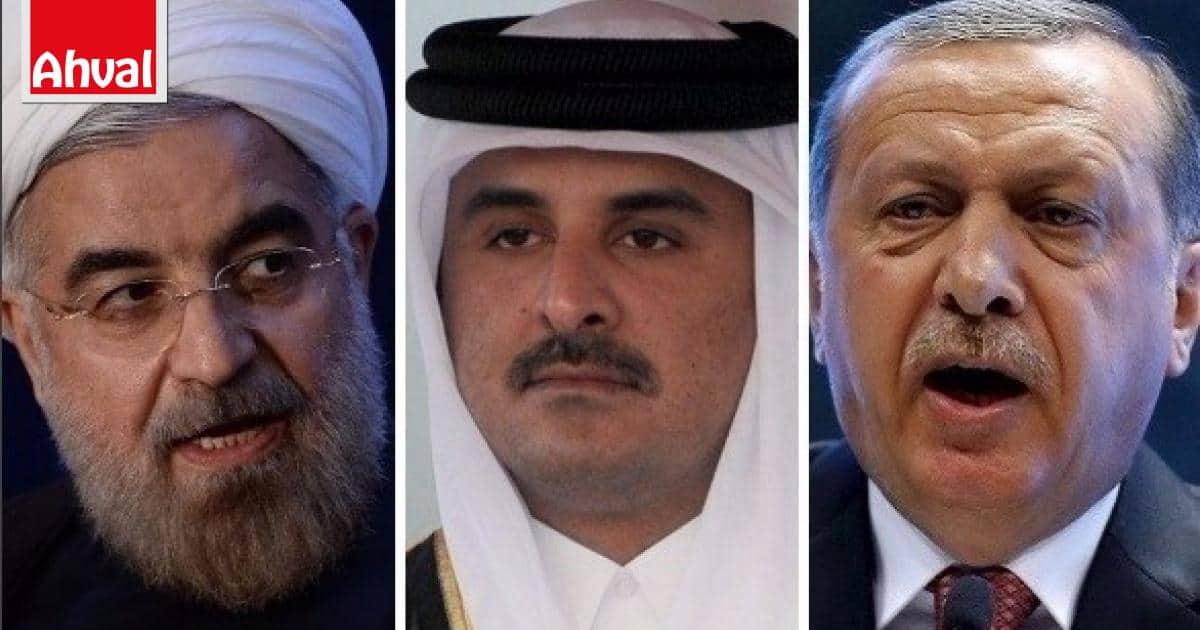
07-01-2020 at 2 PM Aden Time

The National|Yemen observers have noticed an escalation in activity by
Islamist group Al Islah in the Shabwah and Abyan governorates of the country
and the reason for this uptick might have its roots in a tripartite meeting in
South-East Asia last month.
Recep Tayyip Erdogan, Turkey’s president, met his Iranian counterpart
Hassan Rouhani and Qatar’s emir Sheikh Tamim on the sidelines of last month’s
Islamic Summit in Kuala Lumpur.
It is claimed the trio agreed at this meeting to "heat up"
matters in Yemen by bringing Muslim Brotherhood or Al Islah factions closer to
the Iran-backed Houthi rebel group, with the aim of exhausting coalition forces
in the country.
The apparent goal of the three nations is to push the Houthis to carry out
further military operations in Yemen that weaken the Arab coalition’s will and
discourage it from acting elsewhere, principally in Libya.
The apparent goal of the three nations is to push the Houthis to carry
out further military operations in Yemen that weaken the Arab coalition’s will
and discourage it from acting elsewhere, principally in Libya.
This new and increased Qatar-Turkey-Iran coordination is likely to take
the following track:
Firstly, the Houthis and Al Islah will target secessionist Southern
Transitional Council factions. The Brotherhood will also share information on
the movements and whereabouts of the STC elite with the Houthis.
Secondly, the Houthis will resume missile and drone attacks against
Saudi and Gulf targets. Playing the Houthi card is considered by Tehran to be
the best way to counter America’s campaign of "maximum
pressure".
By pursuing this course, the trio also believe they will stymie any chance of
progress in indirect mediation between the Houthis and Saudi Arabia.
The three will seek to create cracks in the relationship between the
legitimate government led by President Abdrabu Mansur Hadi and the Arab
coalition.
They also plan to undermine the Riyadh power-sharing agreement, claiming
that it has not achieved any progress.
They aim to drive wedges between the UAE and Saudi Arabia by claiming
that Abu Dhabi has its own agenda in Yemen.
Al Jazeera and Iranian media channels in the Arab countries will push
this narrative as well as one that implies convergence between Iran and Yemenis
is real and, indeed, that reconciliation with the Houthis is possible.
They will argue that the best hope for the future lies with Yemeni
factions rather than with external parties, such as Saudi Arabia and the UAE.
Finally, the trio will hinder all international peace efforts.
So, expect more activity – not less. Training may be offered to
Brotherhood elements by Turkish forces and an invite will probably be extended
to tribal leaders from Ankara, as the trio seeks to pit Yemenis against the
coalition.
Mohamed AlHammadi is editor-in-chief of Alroeya
South24 Center
Previous article